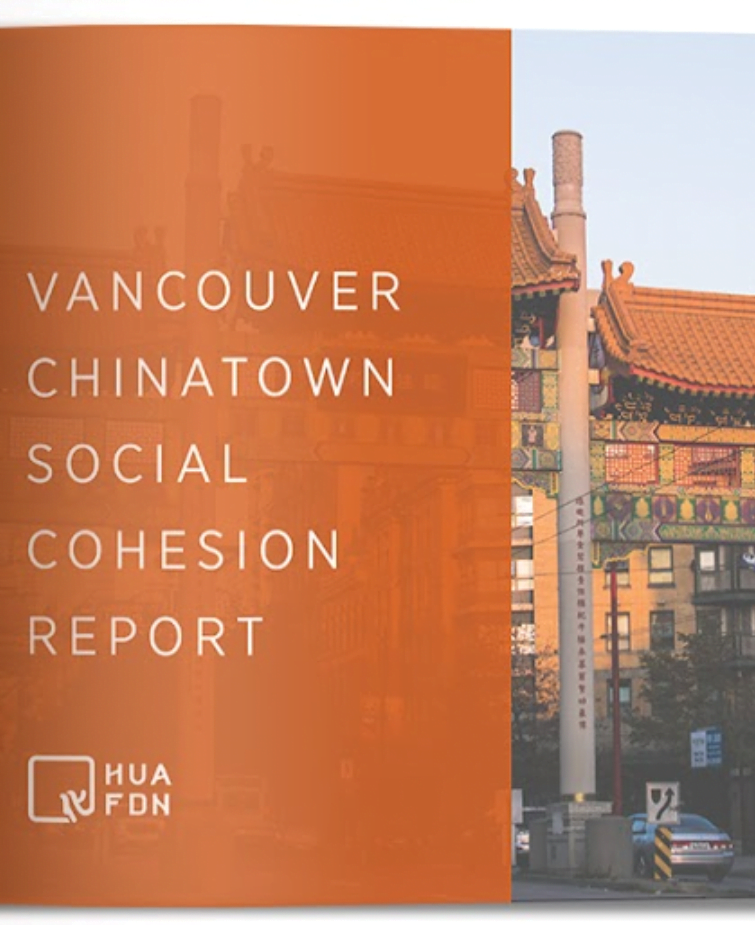26 search results
REFINEMENT AND REFRESH OF EXISTING POLICIES
Chinatown Economic Revitalization Plan and Chinatown Neighbourhood Plan
Recommendation 21: “Tourism and Marketing Strategy.” More specifically for Chinatown’s Marketing Strategy, we recommend actions including measures to build social and cultural relationships between traditional and non-traditional businesses. As our research has shown, there are missed intra-neighbourhood economic opportunities due to parallel and segregated economic and social systems. Marketing opportunities within the neighbourhood to businesses across cultural lines would contribute to neighbourhood connectivity. The external aspects of the Tourism and Marketing Strategy would also benefit from a more socially cohesive business environment in Chinatown.-
Category and theme:
Audience:
Groups affected:
REFINEMENT AND REFRESH OF EXISTING POLICIES
Chinatown Economic Revitalization Plan and Chinatown Neighbourhood Plan
Recommendation 22: From our findings, there is also a desire from business operators for further “clean-up of public spaces with local business”. Current actions are not satisfactory based on our interview findings. This ongoing challenge can be attributed to larger systemic issues. We stress that ‘clean-up’ does not mean increasing police presence in the neighbourhood.-
Category and theme:
Groups affected:
REFINEMENT AND REFRESH OF EXISTING POLICIES
Chinatown Economic Revitalization Plan and Chinatown Neighbourhood Plan
Recommendation 23: Include a Community Economic Development strategy that is based entirely from a culturally and community specific lens. This recommendation includes legitimizing and uplifting the survival economy, informal economy, and other systems that have been pushed to the margins, with measures to increase opportunities for more equitable and inclusive employment.-
Category and theme:
Audience:
Groups affected:
REFINEMENT AND REFRESH OF EXISTING POLICIES
Systemic neighbourhood environmental issues
Recommendation 24: To address safety concerns expressed by interviewees, there are several larger structural solutions such as increasing the number of safe and affordable housing units, access to health-focused treatment, and equitable employment opportunities. One short-term measure could be to install lighting on streets and in alleyways to help people feel safe during evenings and at night.-
Category and theme:
Audience:
Groups affected:
REFINEMENT AND REFRESH OF EXISTING POLICIES
Systemic neighbourhood environmental issues
Recommendation 25: In the interim, reducing criminalization and stigmatization of community members would alleviate further social divides. Instead, we recommend an approach that allows them to thrive that takes an inclusive approach to housing, employment, social security, and access (services, food, other), which would require cooperative action by all levels of government and stakeholders.-
Category and theme:
Audience:
Groups affected:
REFINEMENT AND REFRESH OF EXISTING POLICIES
Systemic neighbourhood environmental issues
Recommendation 26: Ultimately, a systems change approach would need to be applied to adequately address the root causes of these issues. As noted in the Resilient Vancouver Phase One Engagement report (2018), many of these issues are interrelated and solutions need to involve multiple city departments, all levels of government, and other stakeholders.-
Category and theme:
Audience:
Groups affected:
